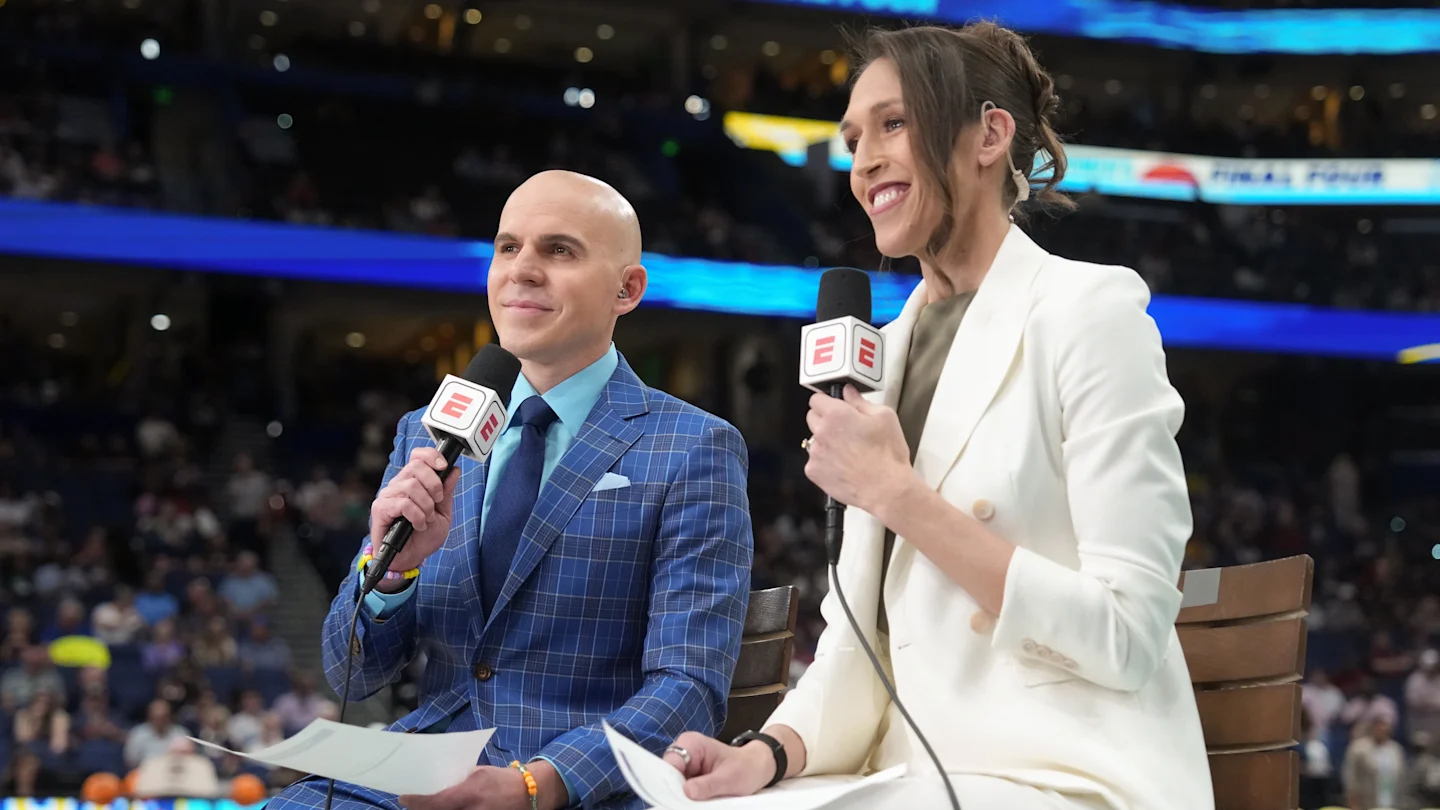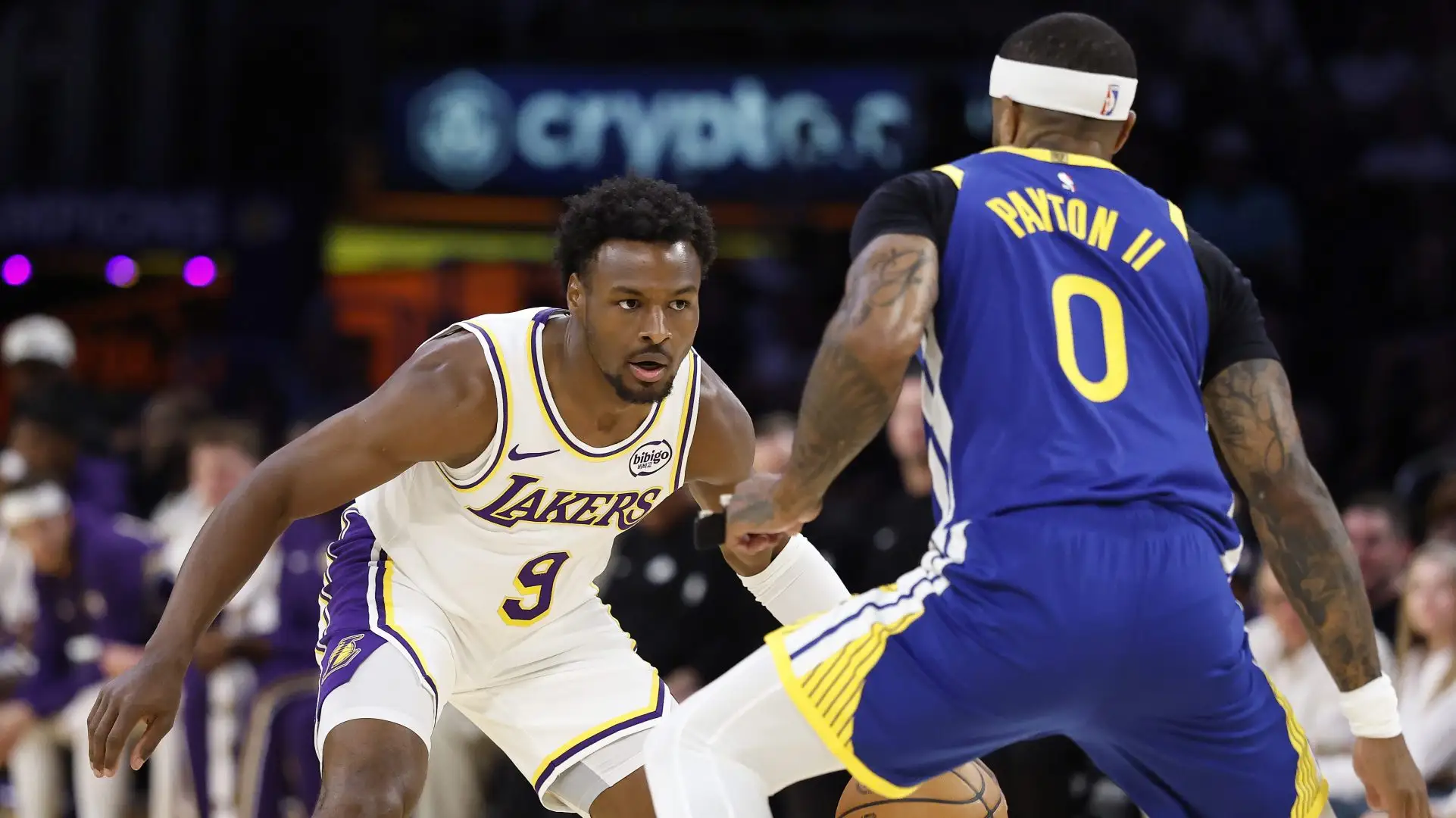Copyright Sports Illustrated

The WNBA is on the precipice of a transformational offseason. With less than two weeks before the Oct. 31 expiration of the current collective bargaining agreement (CBA), the players union and league office, led by commissioner Cathy Engelbert, are locked in negotiations over a new deal that better reflects the WNBA's meteoric rise in recent seasons. For Naismith Basketball Hall of Famer Rebecca Lobo, it's almost unrecognizable from the very first negotiations, nearly 30 years ago. "It was so different in those days," Lobo told WFUV Sports on Monday. "Our two biggest things were year-round health insurance and a 401(k). That was our focus in our first CBA negotiation." Among the league's first class of players in 1997, Lobo served on the executive committee that founded the Women's National Basketball Players Association (WNBPA) and helped ratify the first CBA in March 1999. The landscape has shifted dramatically since then. The arrival of college phenoms Caitlin Clark and Angel Reese in 2024 drew unprecedented attention to the league and sparked a surge in viewership. Two months later, the WNBA secured a massive 11-year, $2.2 billion media rights deal set to take full effect in 2026. In 2025, the league introduced its first expansion team since 2008, adding the Golden State Valkyries as its 13th franchise. The Portland Fire and Toronto Tempo are slated to join next season, with plans to grow to 18 teams by 2030. On Oct. 15, ESPN announced that the 2025 WNBA playoffs averaged 1.2 million viewers -- the most-watched postseason in league history, up 5% from 2024. This milestone followed record-setting viewership during the regular season, cementing a banner season for the league. The growth of the WNBA is undeniable -- and now the players are positioned to reap the benefits. "Even Cathy Engelbert has talked about, the league wants transformational change in terms of the salaries that players are making," Lobo explained. "The days of the rookies making $75,000, those days are gone. The days of the max contract being $225,000 for the best, most veteran player, those days are going to be behind us. There's going to be a massive shift when it comes to those salaries." While that remains a focal point in CBA negotiations, the path to getting there has been bumpy, to say the least. WNBPA vice president Napheesa Collier's pointed critique of Engelbert's leadership, delivered during Minnesota Lynx exit interviews, brought renewed attention to the divide between players and the league office. Engelbert's response only appeared to widen that gap, with one source saying that Collier's relationship with the commissioner has been "pushed beyond repair." The threat of a lockout, as several players have hinted, looms over this offseason, with the potential to stall the league's rapid ascent. Yet Lobo offered a more optimistic perspective on the contentious negotiations. "This is the first time I'm watching these CBA negotiations from afar without the fear that the league is going to fold. Because to me, in every previous CBA negotiation, there was a real possibility that the NBA could just say, 'This is too much. We're losing money. We're not willing to invest. We'll just fold the league.' That's not a reality anymore -- that's not an economic reality. These franchises are worth too much; these women are worth too much." "And so there is that piece of relief in me," Lobo acknowledged. "Even if there was a lockout -- which I don't think there's going to be -- this league is not just going to go away." Rebecca Lobo on WNBA Salary Negotiations While the league itself is likely more secure than it's ever been, Engelbert must still find a way to reach terms with an increasingly disgruntled player base. "I think both sides want the same thing. It's just a matter of the dollars involved," Lobo insisted. "I think the league wants to pay the players a lot more, I just think their definition of a lot might be different from the players. I think the league wants to figure out a revenue share that works for them, so that their investors can continue to make money -- because this is a business and that's really important -- but they also want to be fair to the players." Salary is not only a central issue for players, who feel the current pay structure fails to reflect the league's recent revenue boom, but also a key factor in how the WNBA is perceived across the broader landscape of professional sports. "To me, you feel like the max salary has to be upwards of a million dollars to kinda feel like pro sports," said Lobo. "For the perception from the outside, for the people who are just casual sports fans, if they hear there are WNBA players making seven figures, I think it just changes the way they perceive these women and the league that they're playing in." That change in perception could come almost immediately. As long as a new CBA is reached without major delay, it will set up an "unprecedented" free-agency period, in the words of Hall of Famer Sue Bird. With the exception of Kalani Brown and Lexie Brown, every player who has moved past their rookie-scale deal will enter free agency at the same time -- setting the stage for one of the most chaotic offseasons in sports history. It could be the perfect recipe for another record-breaking season, so long as both sides reach a deal in time. Recommended Reading:



